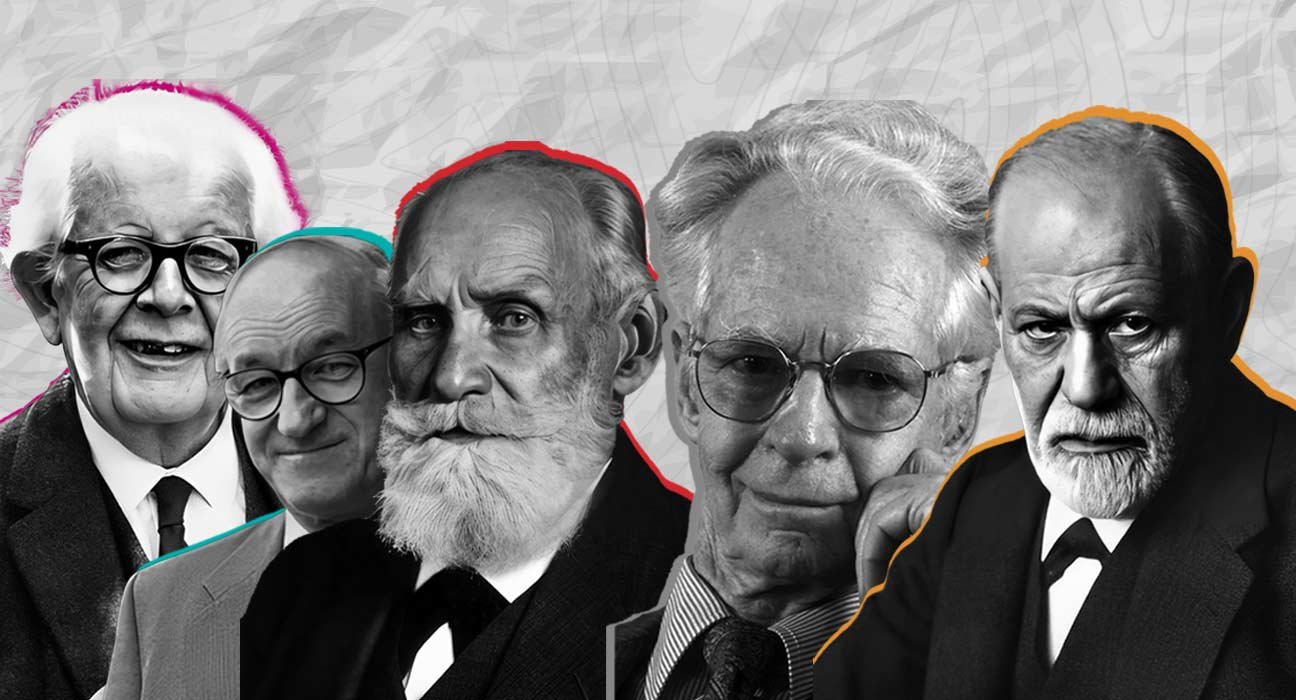Locate a Leading Psychologist Newcastle for Personalized Treatment
The Value of Developing a Relying On Relationship With a Psychologist for Reliable Therapy and Healing
Establishing a relying on partnership with a psychologist is a fundamental aspect of effective treatment and recovery. Depend on acts as the foundation upon which therapy can proceed and favorable results can be accomplished. The alliance between a customer and their psycho therapist is rooted in shared respect, compassion, and understanding. The process of structure trust fund in treatment involves detailed characteristics that go beyond plain verbal exchange. It calls for a fragile balance of vulnerability and guarantee, where the client feels protected in sharing their inner ideas and emotions. This relationship lays the foundation for exploration, development, and eventually, recovery.
Building Depend On Through Energetic Paying Attention
By attentively taking part in active listening, psychologists can develop a structure of trust fund with their customers. Energetic paying attention entails not just listening to words spoken by the customer but likewise comprehending the underlying purposes and emotions conveyed. This technique demonstrates to the client that their ideas and sensations are being really listened to and respected, cultivating a sense of validation and empathy.
With active listening, psycho therapists can create a encouraging and risk-free environment where customers really feel comfortable sharing their innermost thoughts and feelings. This open line of interaction enables for a deeper exploration of the customer's concerns and facilitates a more extensive therapeutic partnership. Clients are most likely to open up and engage in the therapeutic process when they feel that their psychologist is actively listening and recognizing their viewpoint.
Moreover, active paying attention assists psychologists obtain valuable insights into the customer's experiences, allowing them to customize their healing method to meet the client's certain requirements effectively. By demonstrating a genuine rate of interest in the customer's health with energetic listening, psychologists can develop depend on and connection, laying the foundation for a successful restorative journey.
Confidentiality and Trust in Treatment
Exactly how important is confidentiality in preserving and developing depend on within the restorative connection? Confidentiality is the keystone of efficient therapy, playing an essential function in building a secure and protected environment for customers to explore their ideas, experiences, and emotions. When customers know that their individual info is maintained private, they are more probable to open, be at risk, and actively involve in the restorative process.
Therapists have a honest and lawful obligation to keep confidentiality, ensuring that info shared throughout therapy sessions continues to be personal unless there is a particular exception, such as the client posing a threat to themselves or others. Supporting confidentiality shows respect for the customer's autonomy and promotes a feeling of trust in between the client and therapist.

Emotional Safety in Healing Relationships
Establishing psychological safety is extremely important in cultivating a restorative setting for vulnerability and growth within the client-therapist relationship. Psychological security describes the feeling of protection, acceptance, and non-judgment that customers need to experience during therapy. It is crucial for clients to feel secure enough to discover their inmost emotions, thoughts, and experiences without concern of objection or denial.
In a psychologically risk-free area, customers are most likely to open up concerning their injuries, battles, and susceptabilities, enabling the specialist to give effective support and assistance. Therapists play a vital duty in developing this environment by demonstrating empathy, active listening, and unconditional favorable respect.
When customers really feel psychologically safe, they are much more prepared to face hard feelings, obstacle adverse idea patterns, and job in the direction of healing and individual growth. This feeling of safety and security urges trust and collaboration between the client and therapist, causing even more significant and transformative healing end results. Eventually, emotional security is the foundation whereupon reliable treatment and healing can occur.
Partnership in Therapeutic Decision-Making
Effective healing end results are commonly improved through a collaborative strategy to decision-making in between the client and therapist. Cooperation in restorative decision-making includes a mutual exchange of information, concepts, and viewpoints to produce a therapy plan that meets the customer's goals and needs. By entailing the customer in the decision-making process, therapists can empower them to take an energetic function in their healing trip, leading to enhanced engagement and dedication to the therapeutic procedure.
In a collective therapeutic partnership, both the client and specialist contribute their competence to develop a personalized therapy plan. Clients are urged to share their preferences, problems, and comments, while specialists provide their professional understandings and recommendations. This partnership cultivates a sense of common responsibility and promotes a clear and trusting connection between the client and specialist. Furthermore, when customers feel heard, valued, and valued in the decision-making process, they are most likely to experience favorable restorative end results and sustainable growth (Psychologist Newcastle). Thus, collaboration in restorative decision-making is vital for cultivating a efficient and efficient healing partnership.
Depend On as a Structure for Healing
Depend on creates the bedrock upon which the recovery process between a client and therapist can thrive, nurturing a risk-free and find out here now helpful atmosphere helpful to development and change. When a client depends on their specialist, they are more probable to reveal sensitive details, explore vulnerabilities, and take part in required yet tough restorative job. This trust fund allows the customer to really feel accepted, comprehended, and respected, necessary elements for recovery to happen efficiently.

In a healing setting, trust equips the customer to develop a genuine link with the therapist, cultivating a collective partnership where both celebrations interact towards the customer's wellness. This trust makes it possible for the client to browse tough emotions, challenge past injuries, and develop coping approaches in a safe and secure space without anxiety of judgment or betrayal. Count on serves as a foundation for establishing connection, improving communication, and promoting transparency within the restorative procedure, eventually leading to more profound insights, personal growth, and long lasting healing results.
Final Thought
Finally, developing a trusting connection with a psycho therapist is important for efficient treatment and recovery. Via energetic listening, confidentiality, emotional safety, and partnership in decision-making, depend on works as the foundation for a successful therapeutic connection (Psychologist Newcastle). Trust fund allows clients to feel recognized, supported, and empowered to resolve their challenges and achieve healing. It is with this depend on that clients can completely participate in the therapeutic process and experience positive outcomes.
Depend on forms the bedrock upon which the recovery process in over at this website between a client and specialist can thrive, supporting a encouraging and safe setting favorable to development and improvement. When a anonymous client depends on their therapist, they are extra likely to divulge delicate information, discover vulnerabilities, and involve in necessary but tough therapeutic job.In a restorative setting, trust fund empowers the customer to develop an authentic link with the specialist, fostering a joint relationship where both celebrations work together in the direction of the customer's well-being. Trust fund allows clients to really feel understood, supported, and encouraged to function through their obstacles and achieve recovery. It is with this trust fund that clients can completely involve in the therapeutic process and experience favorable end results.